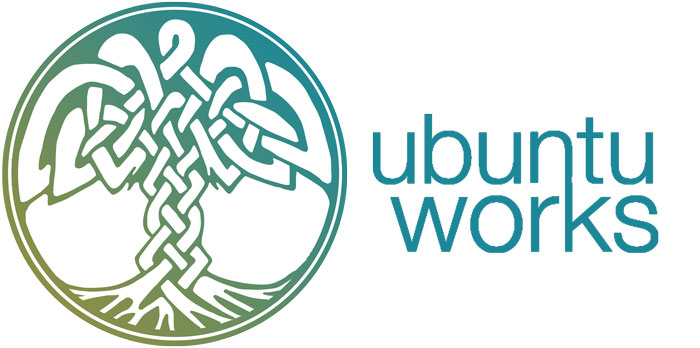Education and liberation go hand in hand. But when educators lose sight of what (and who) matters, students suffer. In Teaching to Thrive, the podcast of the Abolitionist Teaching Network, transformative educational leader and activist Rosalynne E. Duff explains that Social and Emotional Learning (SEL) is a cultural relevant practice that cannot be compartmentalized and must be infused into all aspects of the day.
The Ubuntuworks Resource Hub provides organizations and individuals with data, stories, studies and support for a more connected and compassionate world.
About
“Abolitionist Teaching Network’s mission is to develop and support those in the struggle for educational liberation by utilizing the intellectual work and direct action of Abolitionists in many forms.
Since our founding in July 2020, the Abolitionist Teaching Network (ATN) has been freedom dreaming, planning, and springing into action. We’ve invested nearly a quarter million in grant funds to individuals and communities, successfully fought to keep educators out of prison, assisted in building freedom schools across the US, organized spaces for BIPOC educators to heal, grieve, & rest, and provided resources to caregivers and students to opt out of standardized testing.”
The Guide
APN’s Guide for Racial Justice & Abolitionist Social and Emotional Learning “builds from the premise that injustice manifests differently in different schools and communities” and is “an invitation for Abolitionist Teachers to individually and collectively generate critical reflection and action.”
The Guide address topics such as “What is an Abolitionist approach to social and emotional learning (SEL)?,” “Ways to engage with colleagues in the pursuit of Abolitionist SEL,” “How should Abolitionist Teachers guide students toward Abolitionist SEL?,” “An Abolitionist Teacher’s Demands,” and more.
Below is an excerpt from the Guide:
Seven Questions Abolitionist Teachers Can Ask Administrators
- How will we embody the spirit and goals of Black Lives Mattering in everything we do as a school?
- What long-term antiracist professional development will we implement for all faculty and
staff? - How will we implement antiracist curriculum that centers the beauty, joy, and resiliency of Black, Brown, and Indigenous people? How will we also learn and teach about the African diaspora?
- What school policies can we eliminate that are harmful or oppressive to our students of color? How can we replace them with healing centered policies?
- What administrative actions are we implementing to ensure teachers feel supported to practice Abolitionist Teaching?
These final two questions are particularly relevant to the COVID-19 global pandemic: - What supports are in place to ensure students and families are socially, emotionally, and materially supported during virtual learning?
- What plans are in place to promote faculty and staff wellness during and after COVID-19?
To learn more about the Abolitionist Teaching Network, its actions, and resources, and to download the Guide, visit https://abolitionistteachingnetwork.org/
Photo: Zachary Nelson
